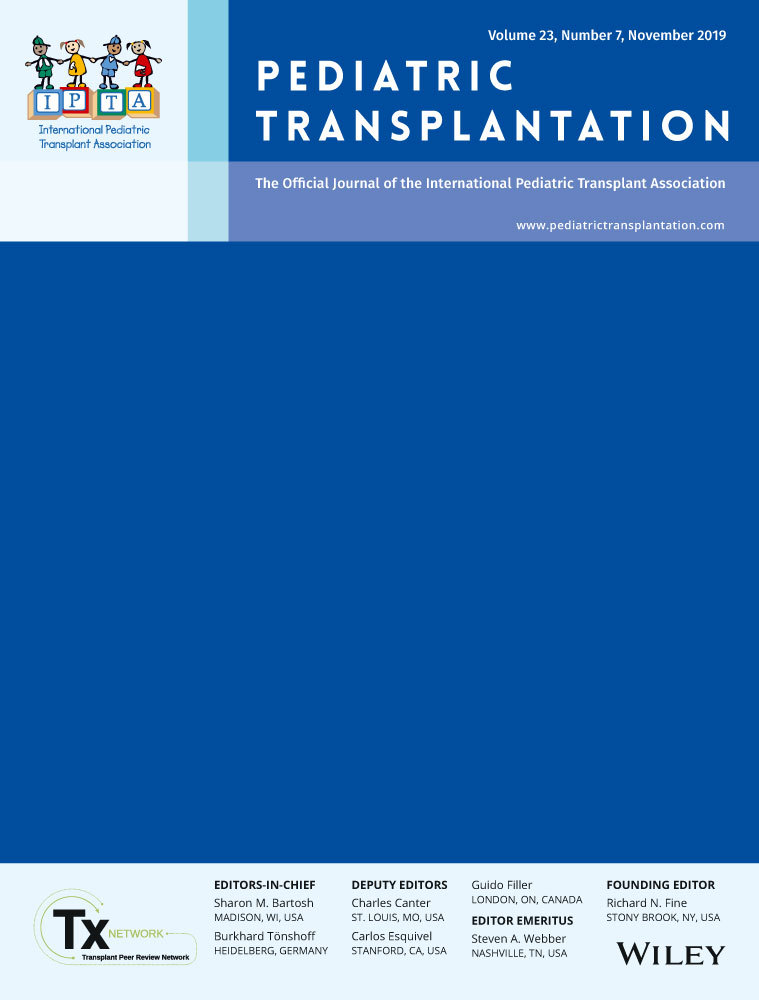Preparing for transition: The effects of a structured transition program on adolescent heart transplant patients’ adherence and transplant knowledge
Abstract
Transition to adult health care has become a mainstream focus in pediatric health care as a higher percentage of patients are surviving into adulthood. This study investigated the success of a structured educational transition program in improving pediatric heart transplant patients’ overall medical knowledge, medication adherence, readiness to transition, as well as parental perceptions of their child's readiness to transition to aid in the successful transition to an adult heart transplant program. Patients underwent a structured transition program over 2 years that included a total of seven 2-hour educational sessions hosted quarterly. This study comprised of a retrospective review of 12 heart transplant patients between the ages of 16-22 years. Test results indicated a statistically significant increase in overall medical knowledge scores from presession assessment compared to post-session assessment. Participants remained confident in their ability to transition throughout the program. Further, a statistically significant decrease in participant non-adherence was observed, as percentage of calcineurin inhibitor levels determined to be out of range decreased over the course of the program. Results suggest that a structured transition program is effective in improving overall patient medical knowledge in relation to their heart transplant and enhancing patient medication adherence. To effectively facilitate transition, pediatric providers, caregivers, and patients must communicate to provide a purposeful planned transition experience from pediatric to adult health care.




